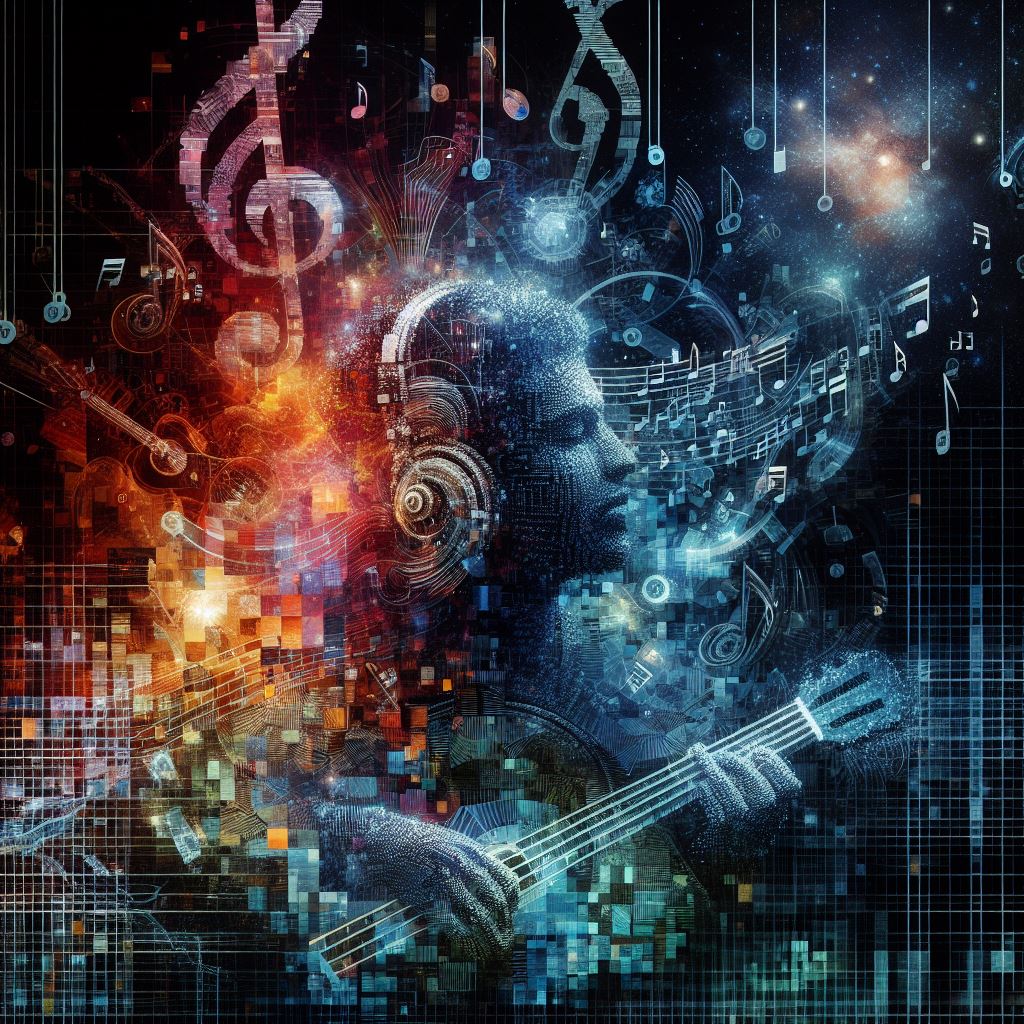When it comes to music, technology has consistently forced artists including music producers to update ways in which to safeguard their music.
The world continues to introduce simpler more efficient ways to produce and possibly sample music. This means the musical landscape is consistently evolving with innovative ways for both music creators and consumers being developed consistently.
No ad to show here.
Artificial Intelligence has not only delivered simpler ways to produce music but it has found new avenues for both music creators and consumers to reap production rewards. This does come with its own set of challenges.
Copywrite legislation is consistently under question.
When looking at some of the impacts AI will have on the music industry we noticed how AI will most likely make a significant impact across various aspects of music.
Some key areas are music production and composition, AI-powered music streaming recommendations, and enhanced music creativity including the latest and most innovative ideas.
AI-assisted composition tools that allow users to generate musical elements like chord progression, melodies, and song structures are becoming increasingly sophisticated.
These tools can inspire new ideas, assist human composers, or even be used independently to create unique music formats.
We are likely to see more automated music mixing and mastering tools, where AI can analyze and adjust audio recordings to achieve better sound quality.
Streaming services already leverage algorithms to recommend music based on user preferences and listening habits.
AI will continue to evolve in analyzing user preferences such as listening habits, and processing real-time emotions to curate highly personalized playlists.
AI-generated music for specific purposes
AI will likely streamline various options such as personalized workout playlists that match exercise intensity.
AI can tailor music to specific needs and situations. This matters as it now allows users with no musical background to create basic songs or musical arrangements through voice commands and simple interfaces.
Virtual bands.
With AI in music, imagine virtual bands or singers powered by AI that can learn, adapt and even improvise during live performances.
This will likely open new possibilities for interactive concerts and immersive musical experiences.
Also read: The hidden cost of AI
